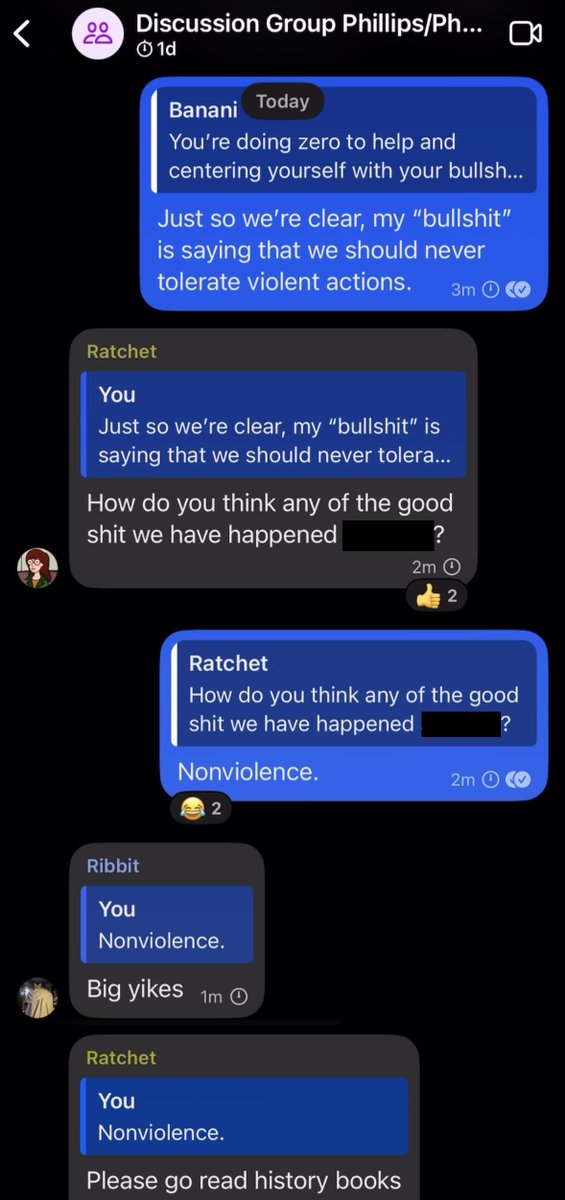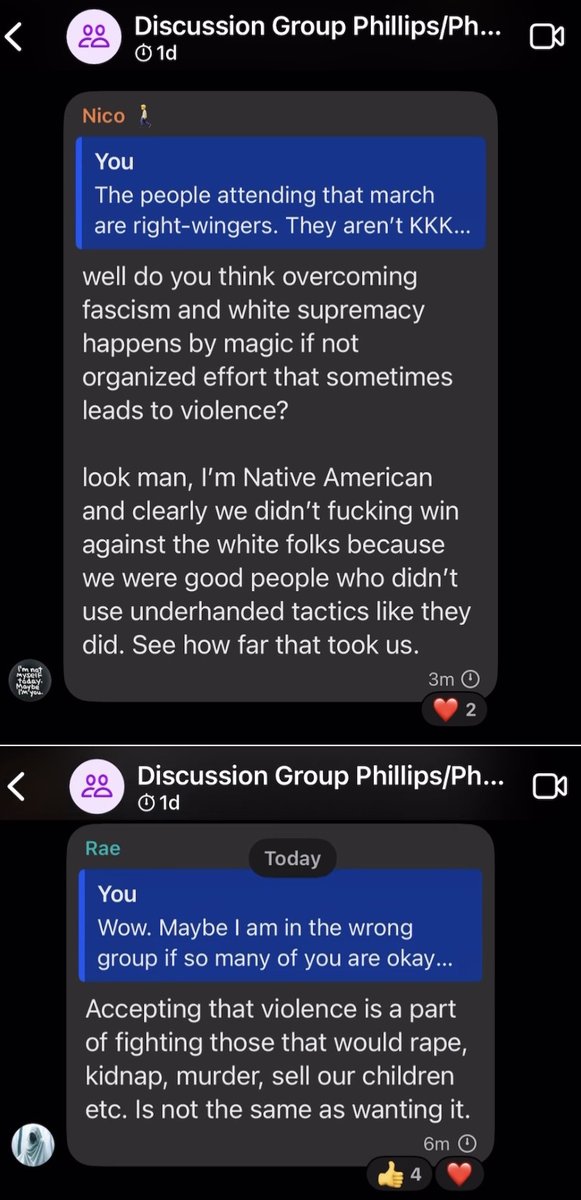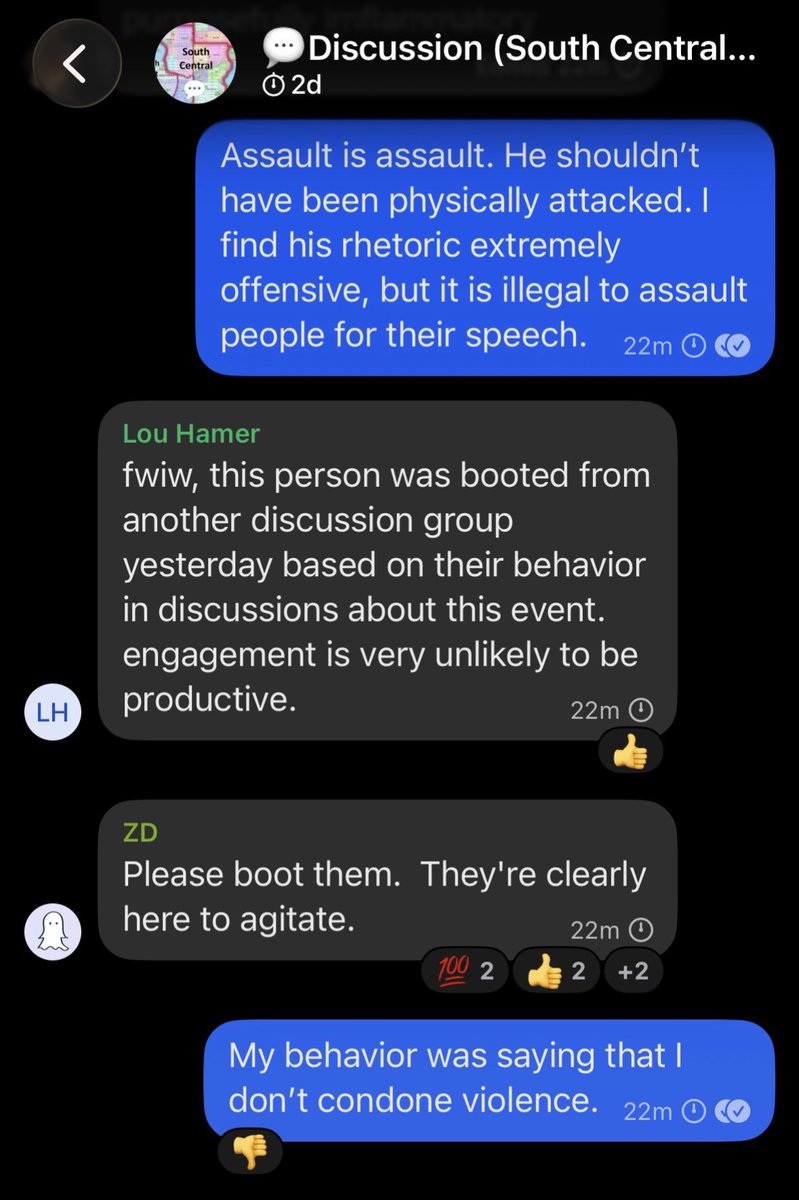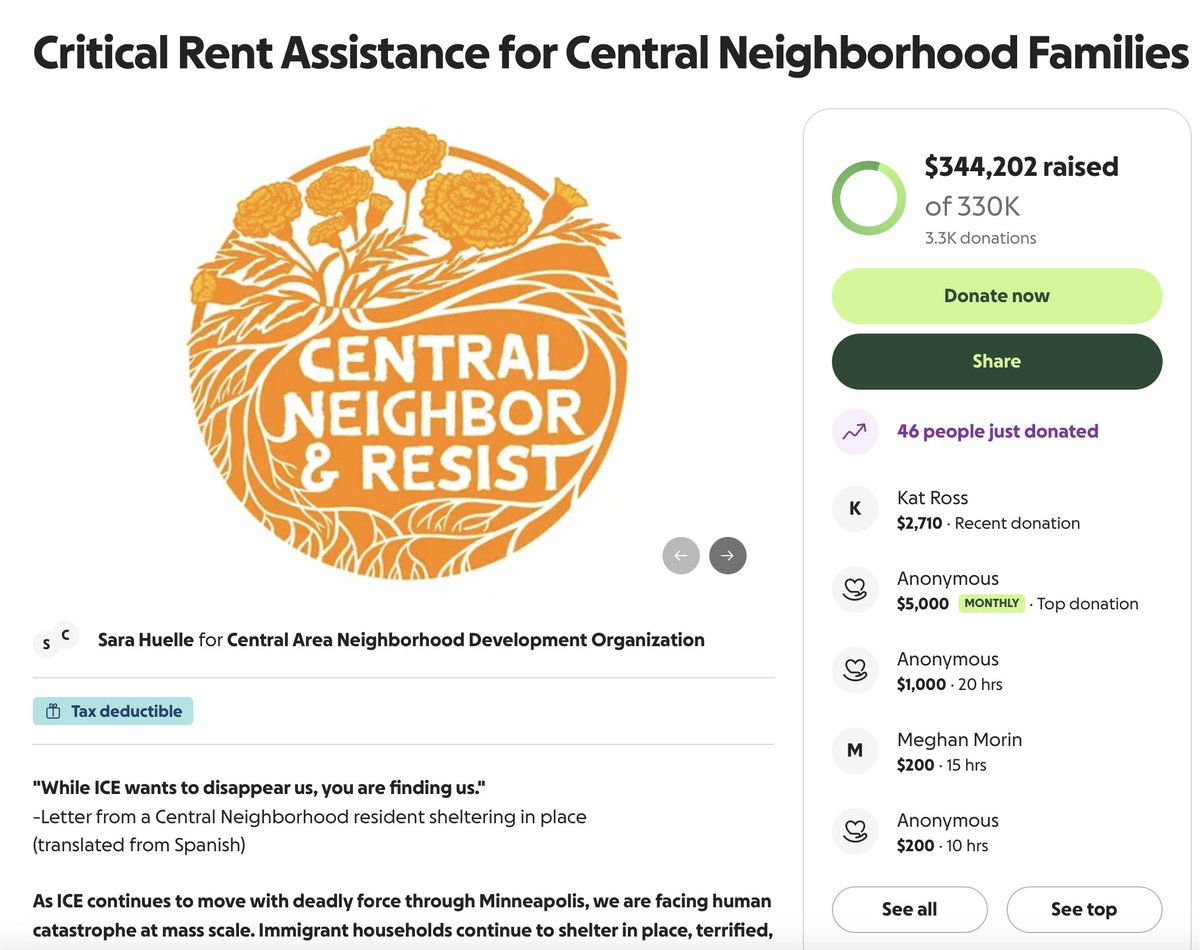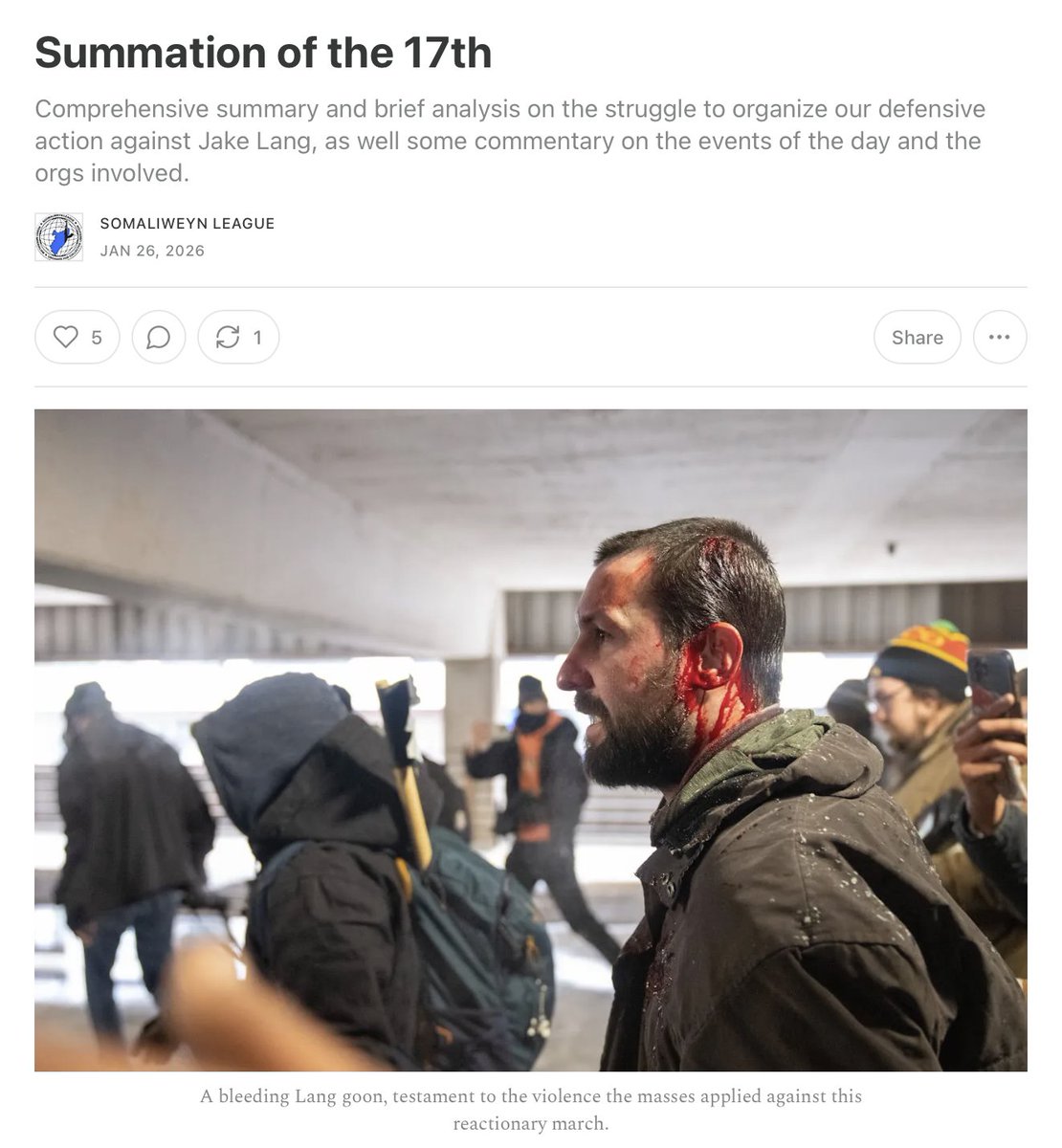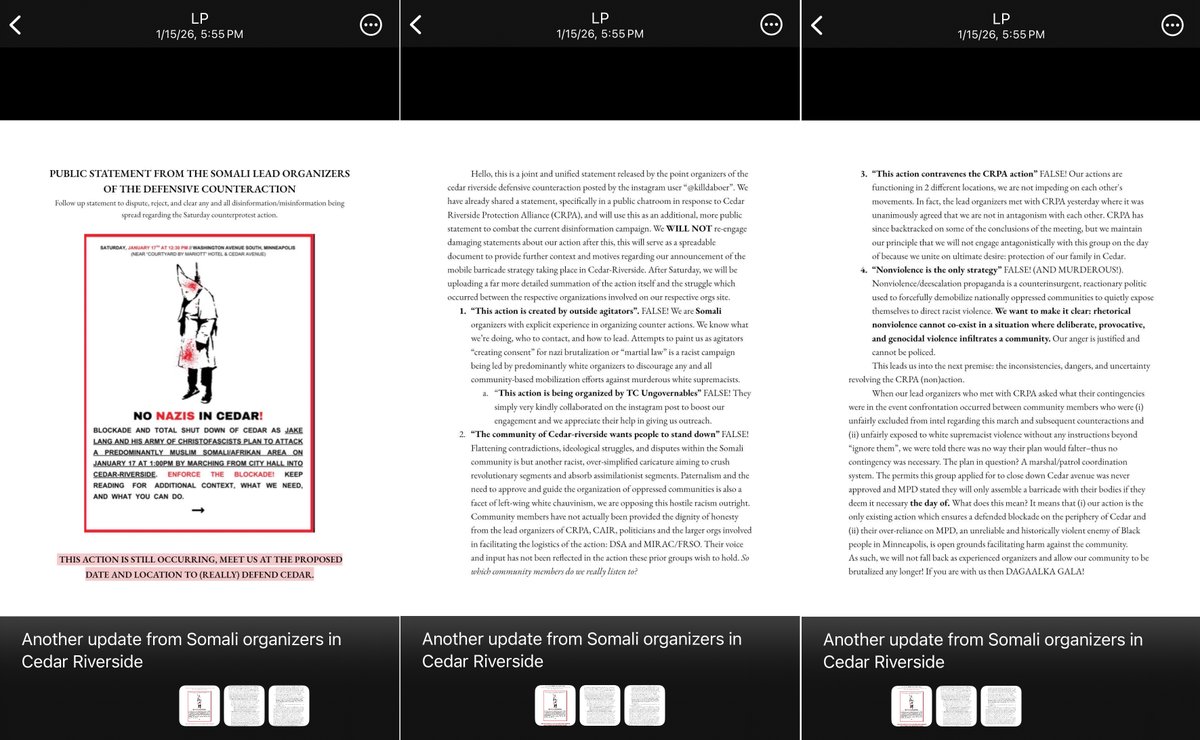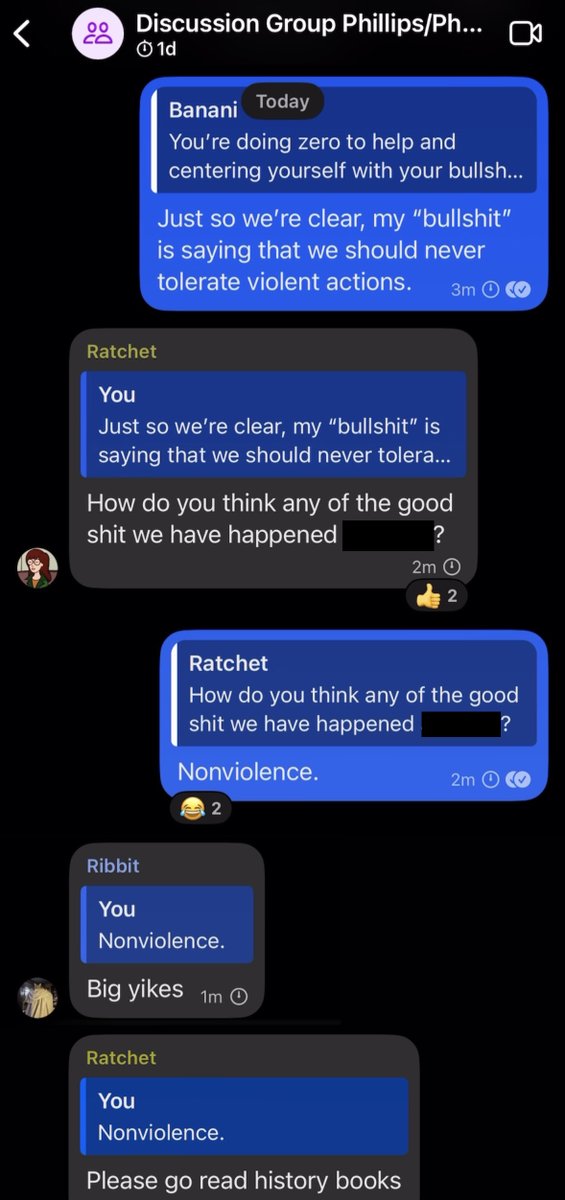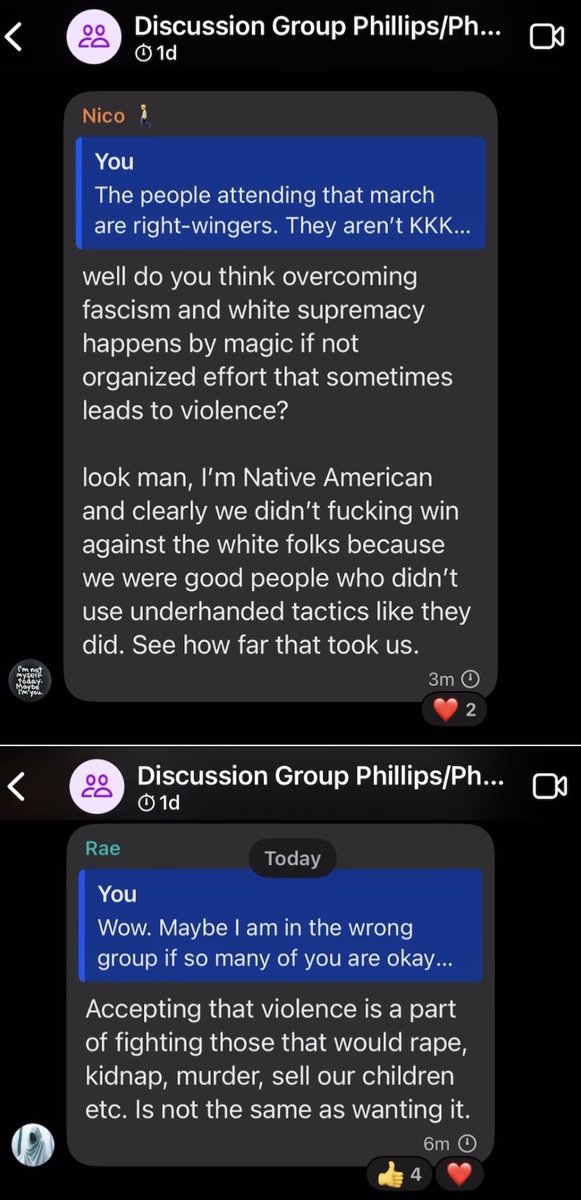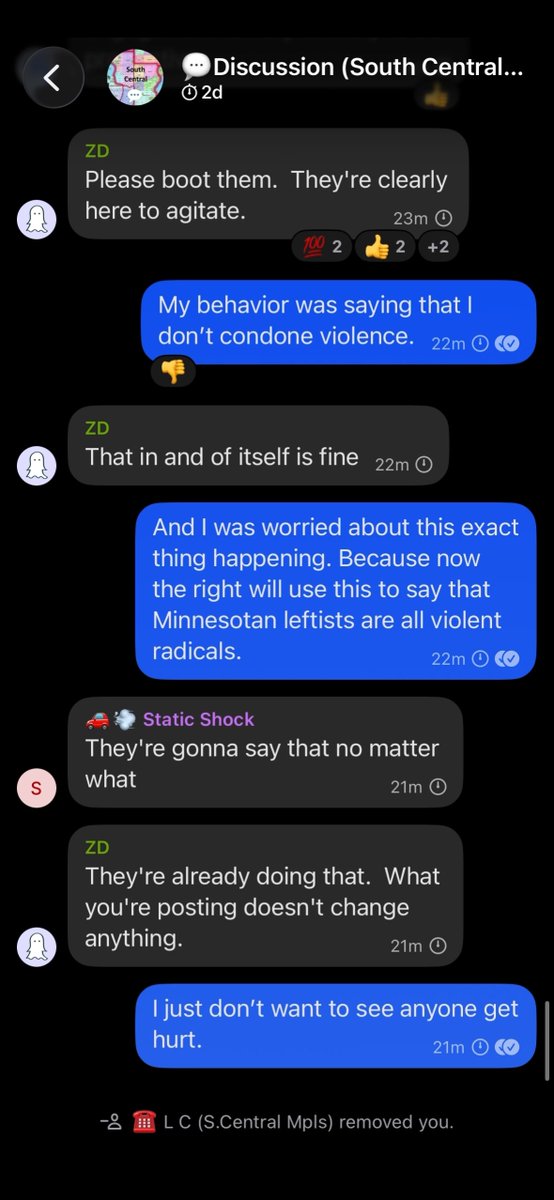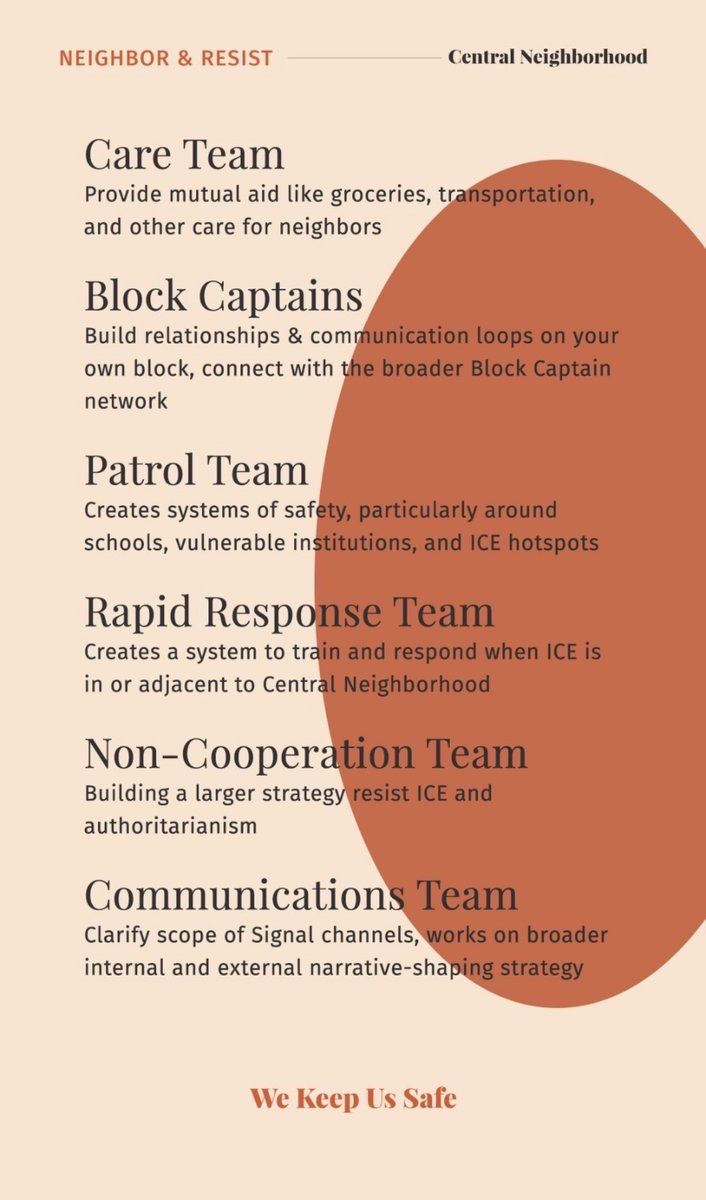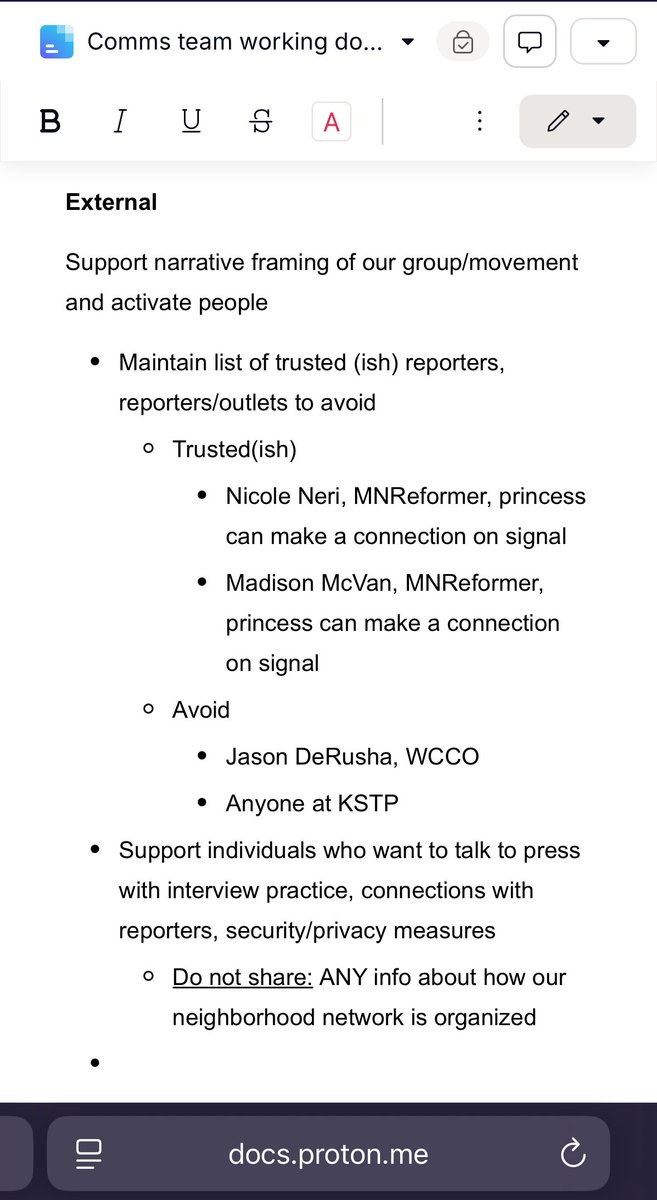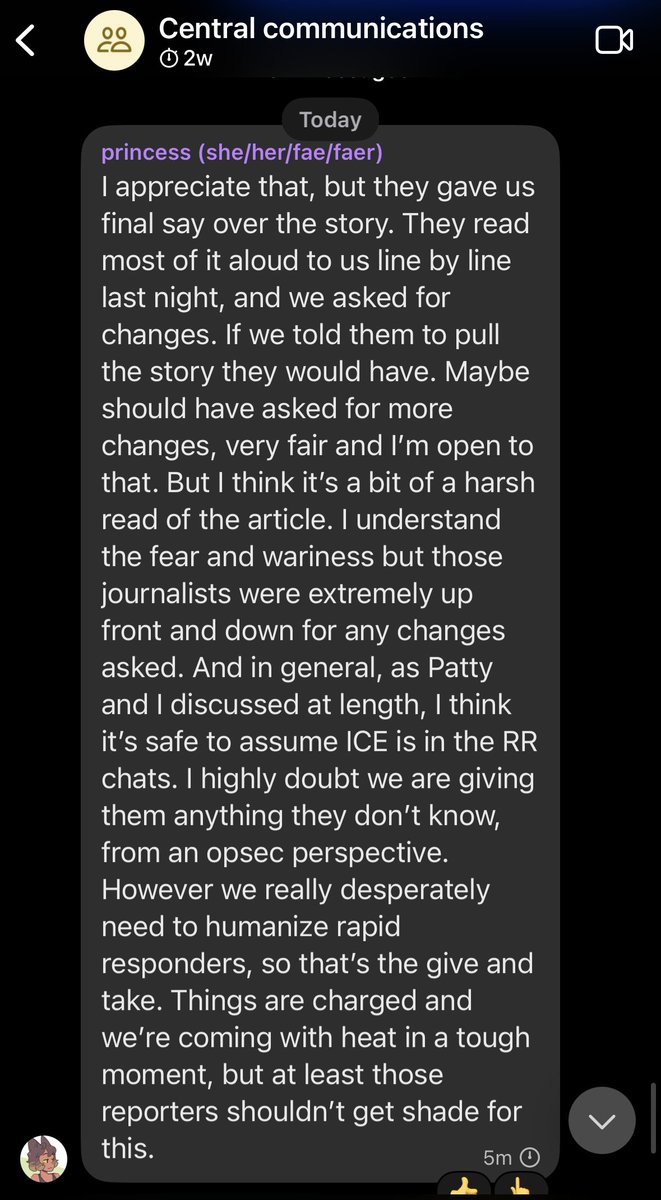Young people are open about voting based on “vibes.” They are not informed on, nor are interested, in policy. It’s a popularity contest. It’s about proximity to their favorite celebrities and the “good feels” they get believing they’re voting for social progress.
Top comments on the above viral TikTok post:
“The dnc was like a class that got a pizza party in school while the rnc took a test”
“the RNC honestly could’ve been an email”
“the rnc looks like bingo night in a retirement home”
“The dnc was like a class that got a pizza party in school while the rnc took a test”
“the RNC honestly could’ve been an email”
“the rnc looks like bingo night in a retirement home”

• • •
Missing some Tweet in this thread? You can try to
force a refresh






